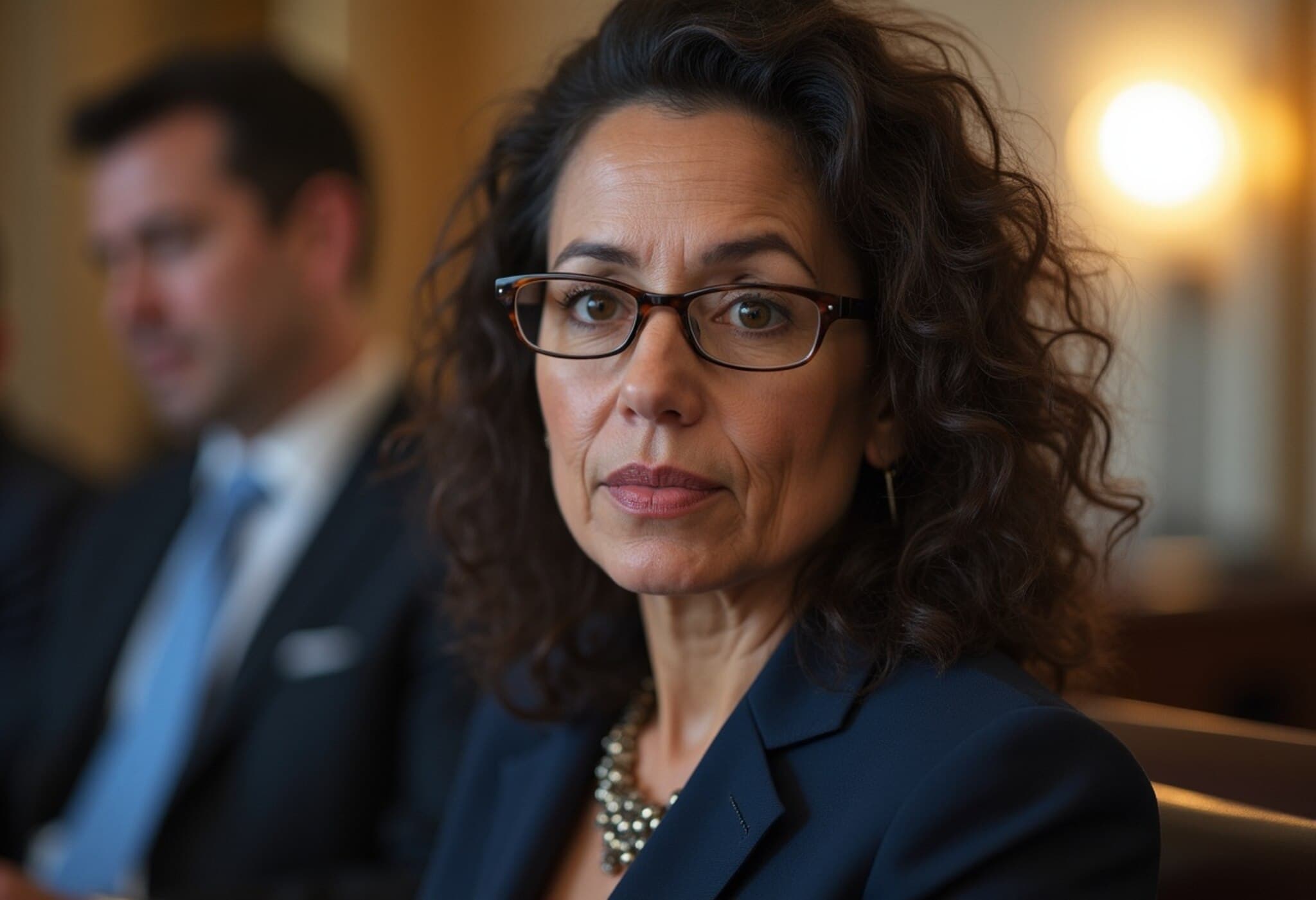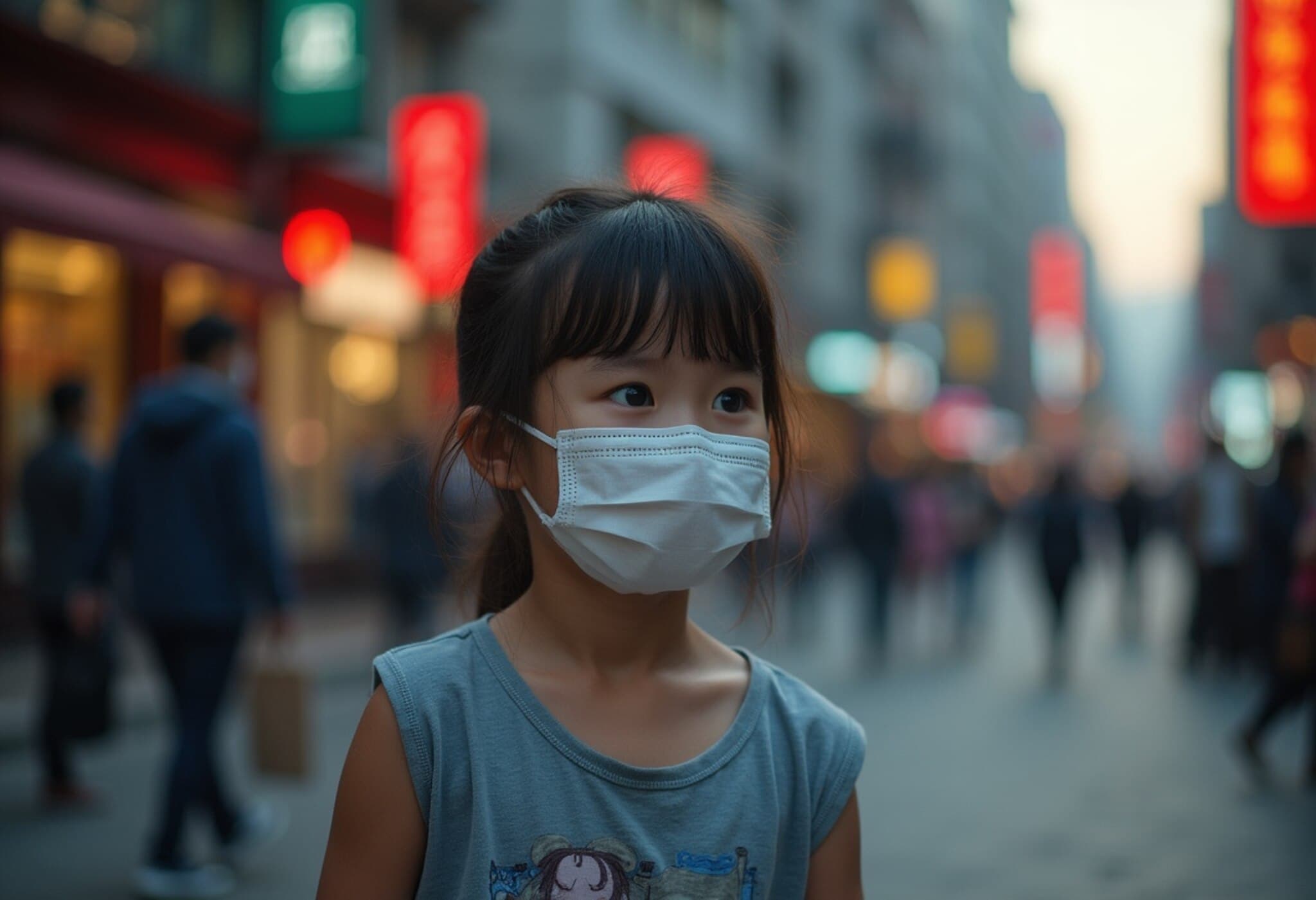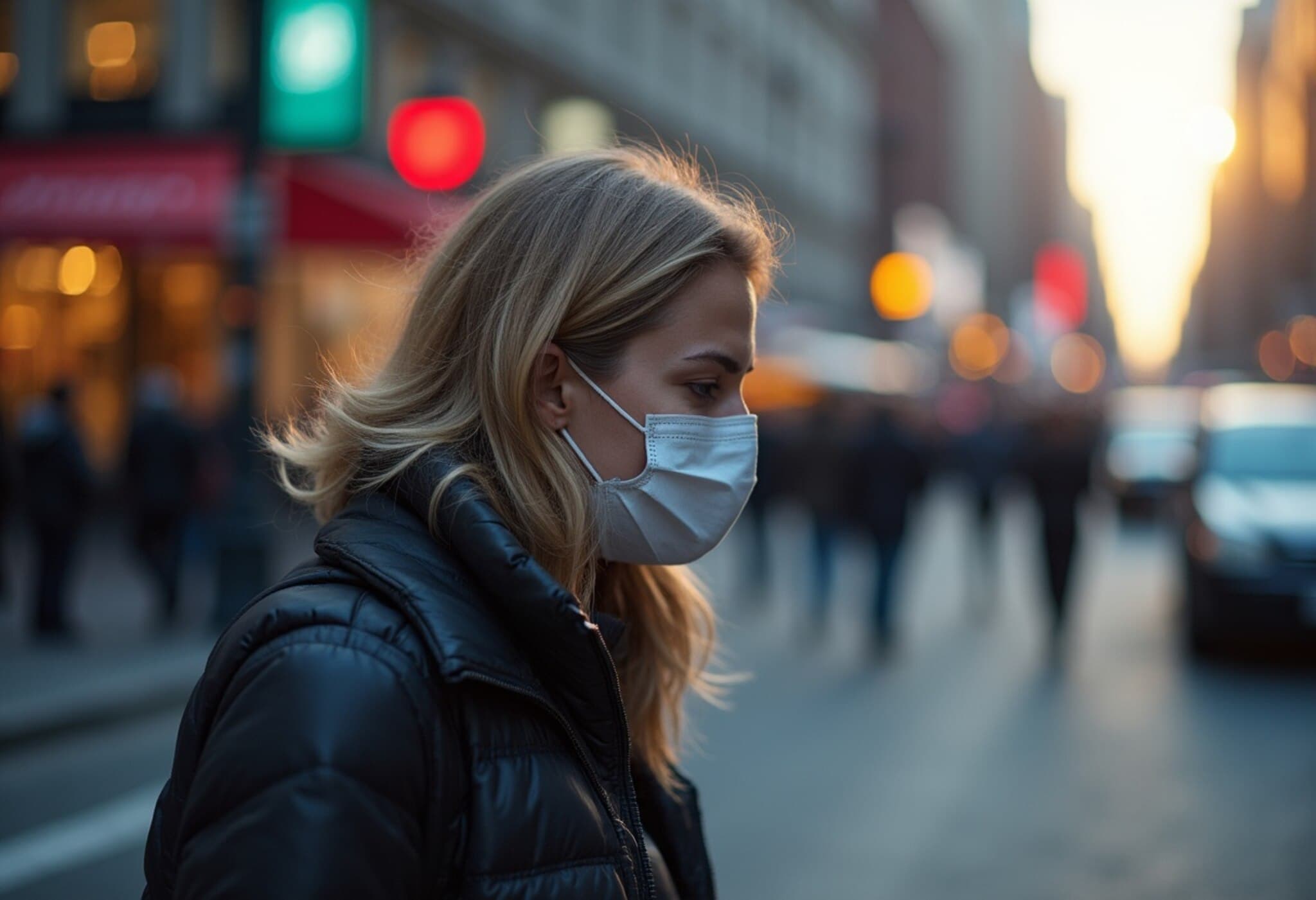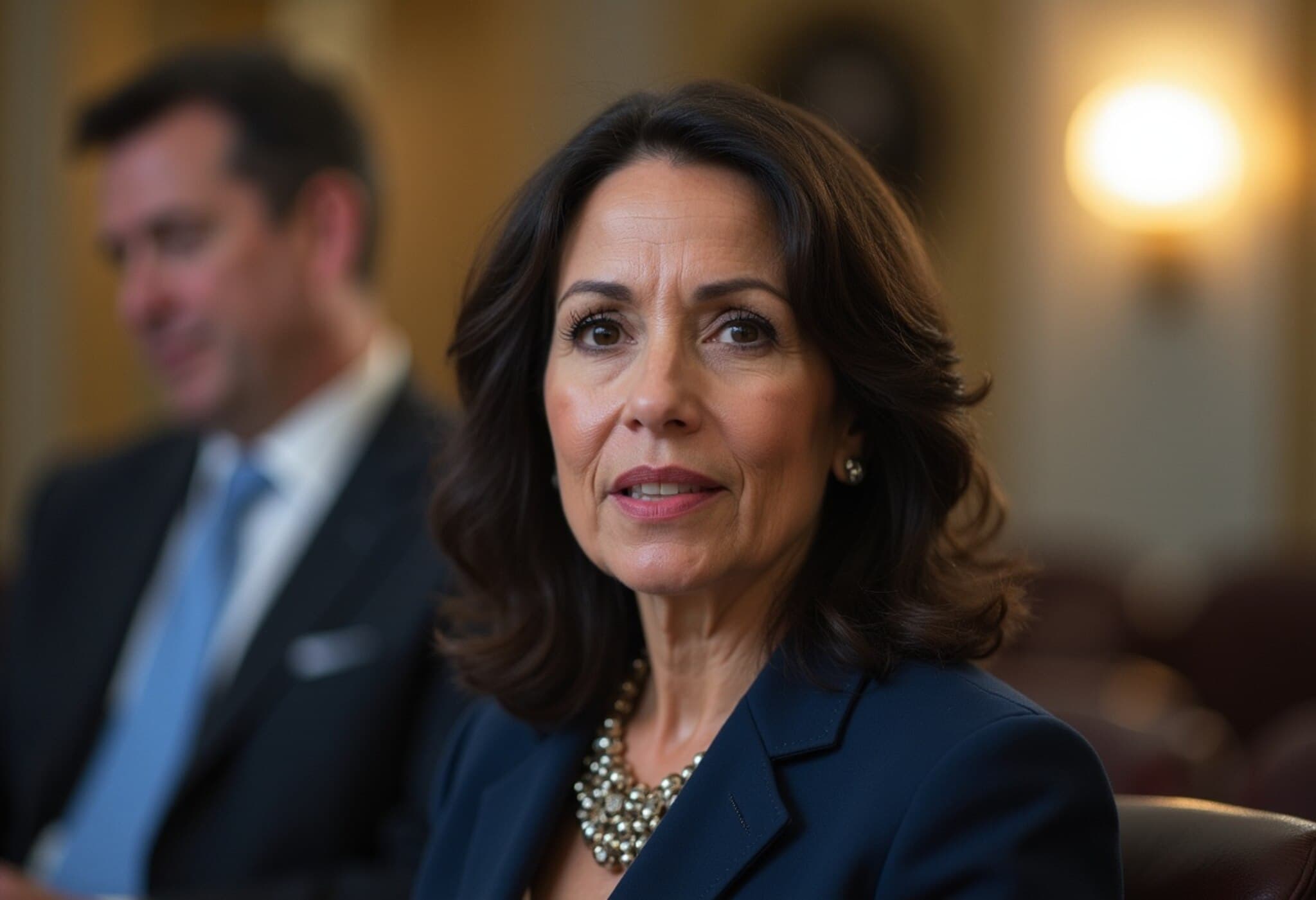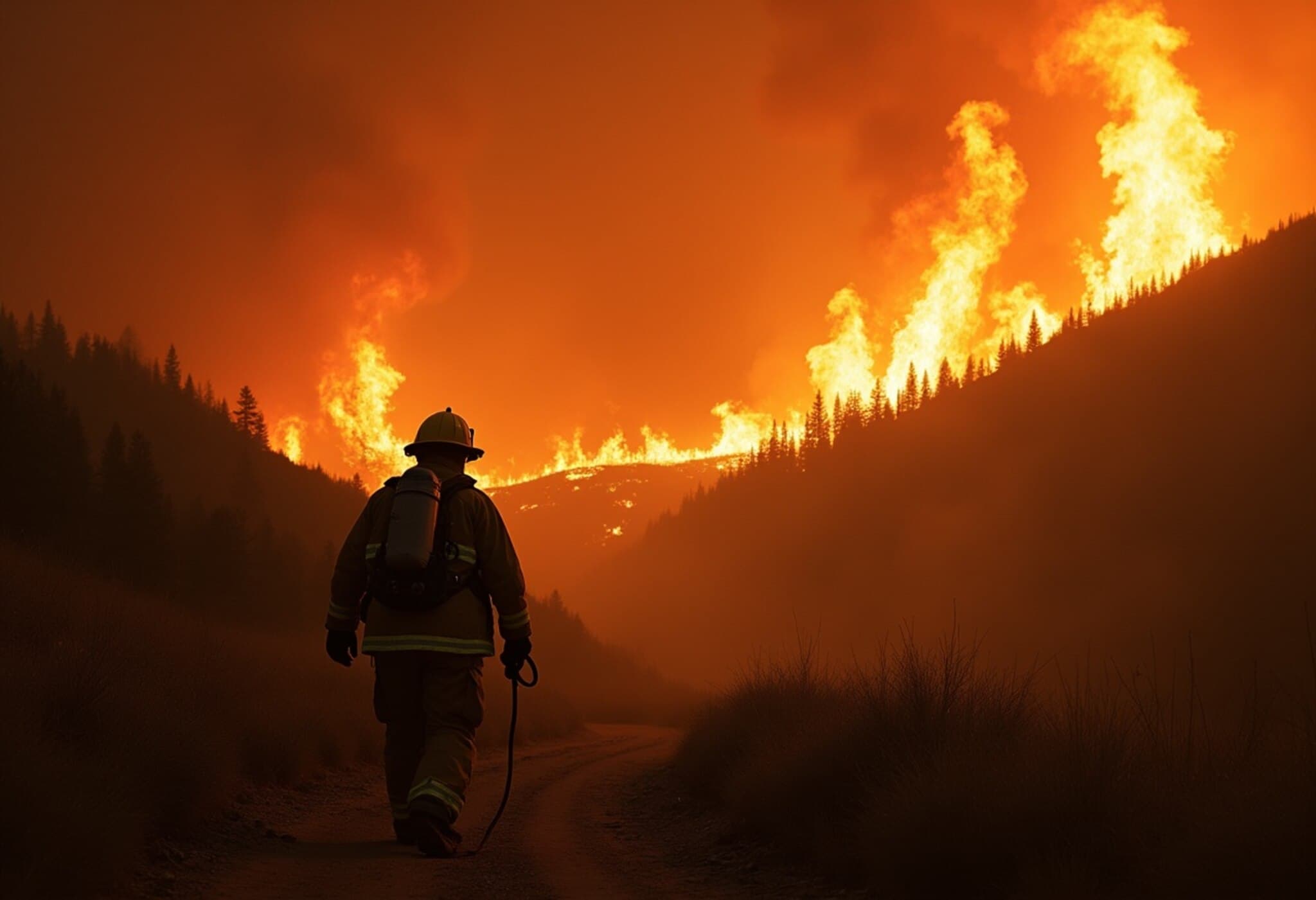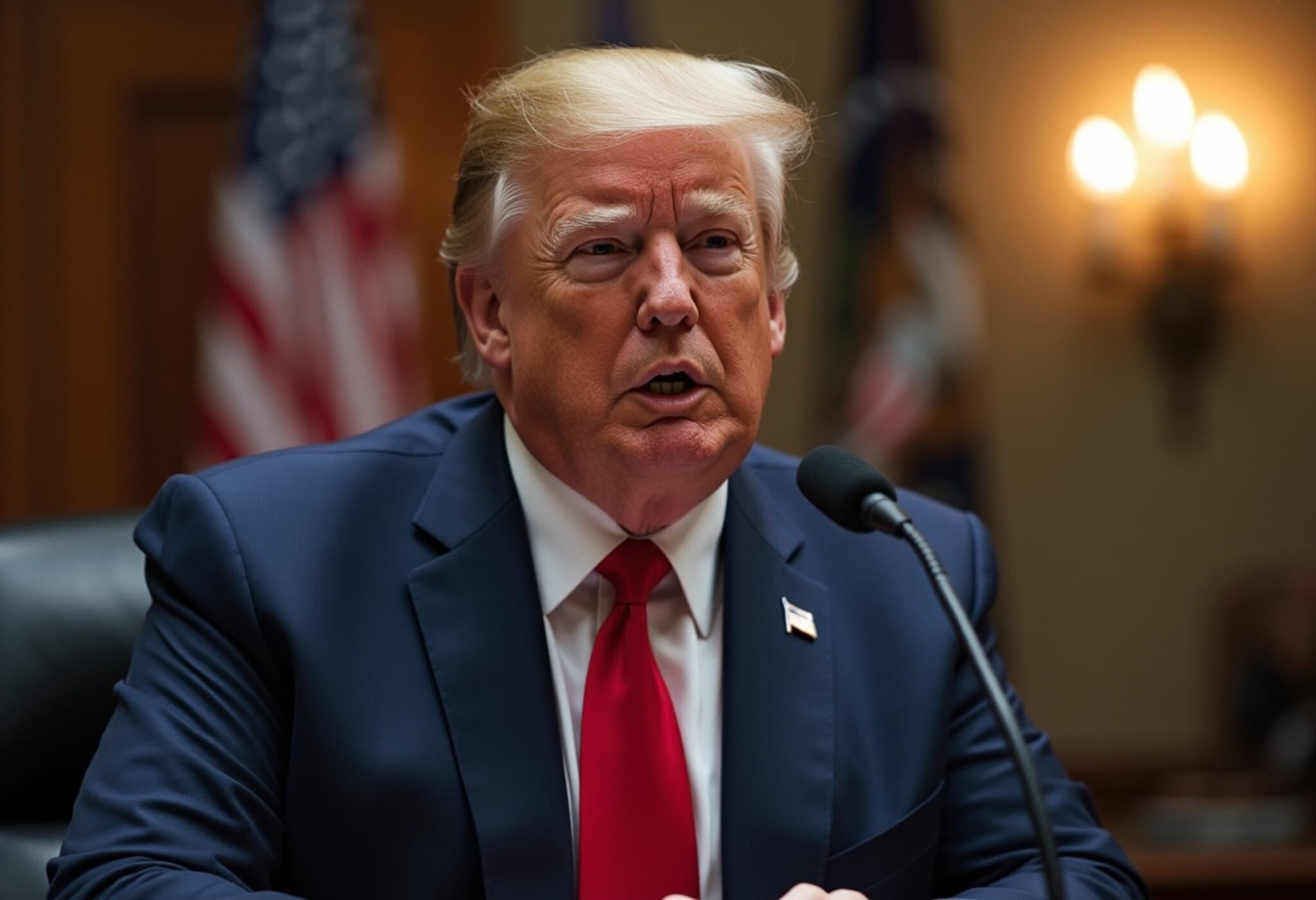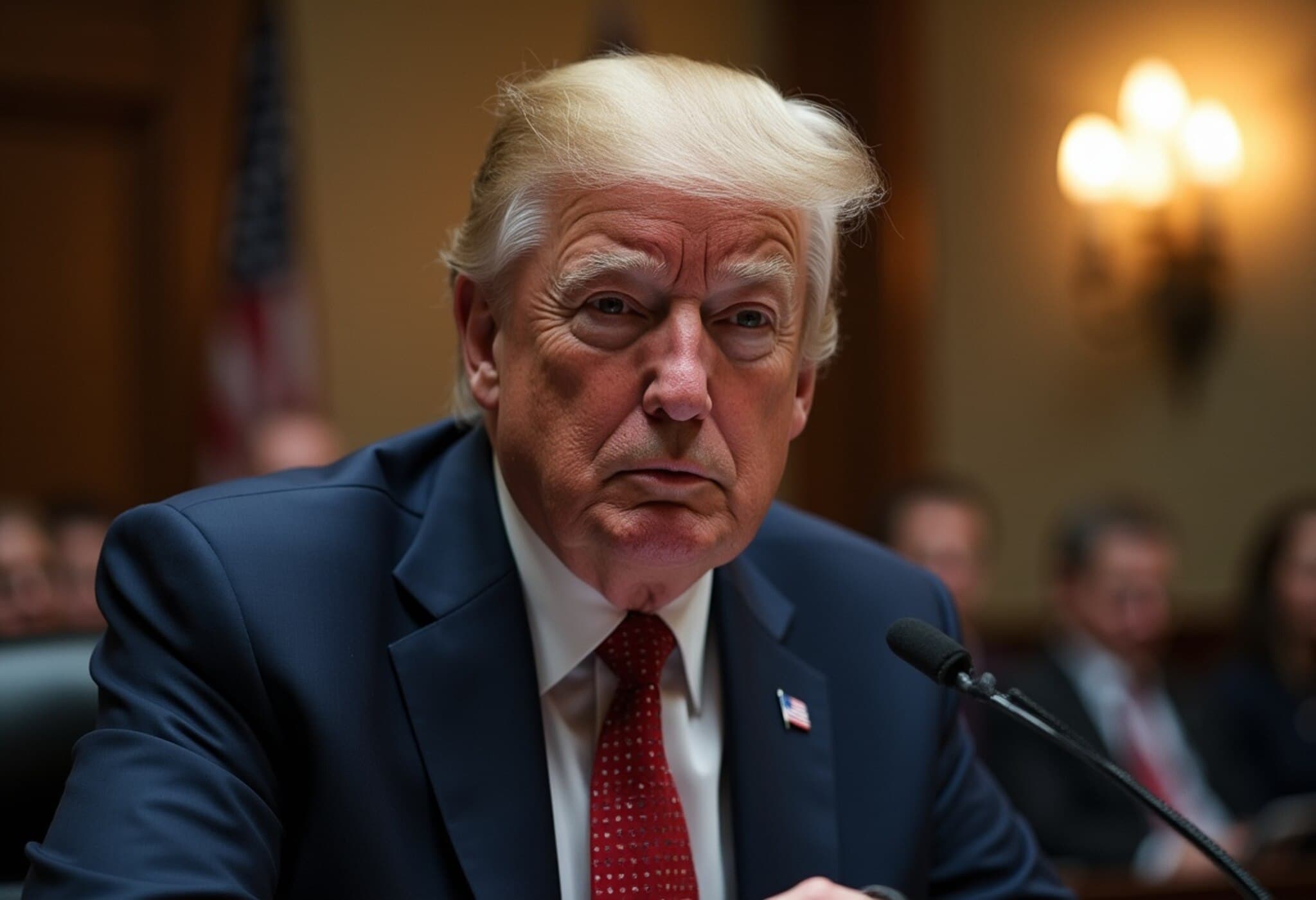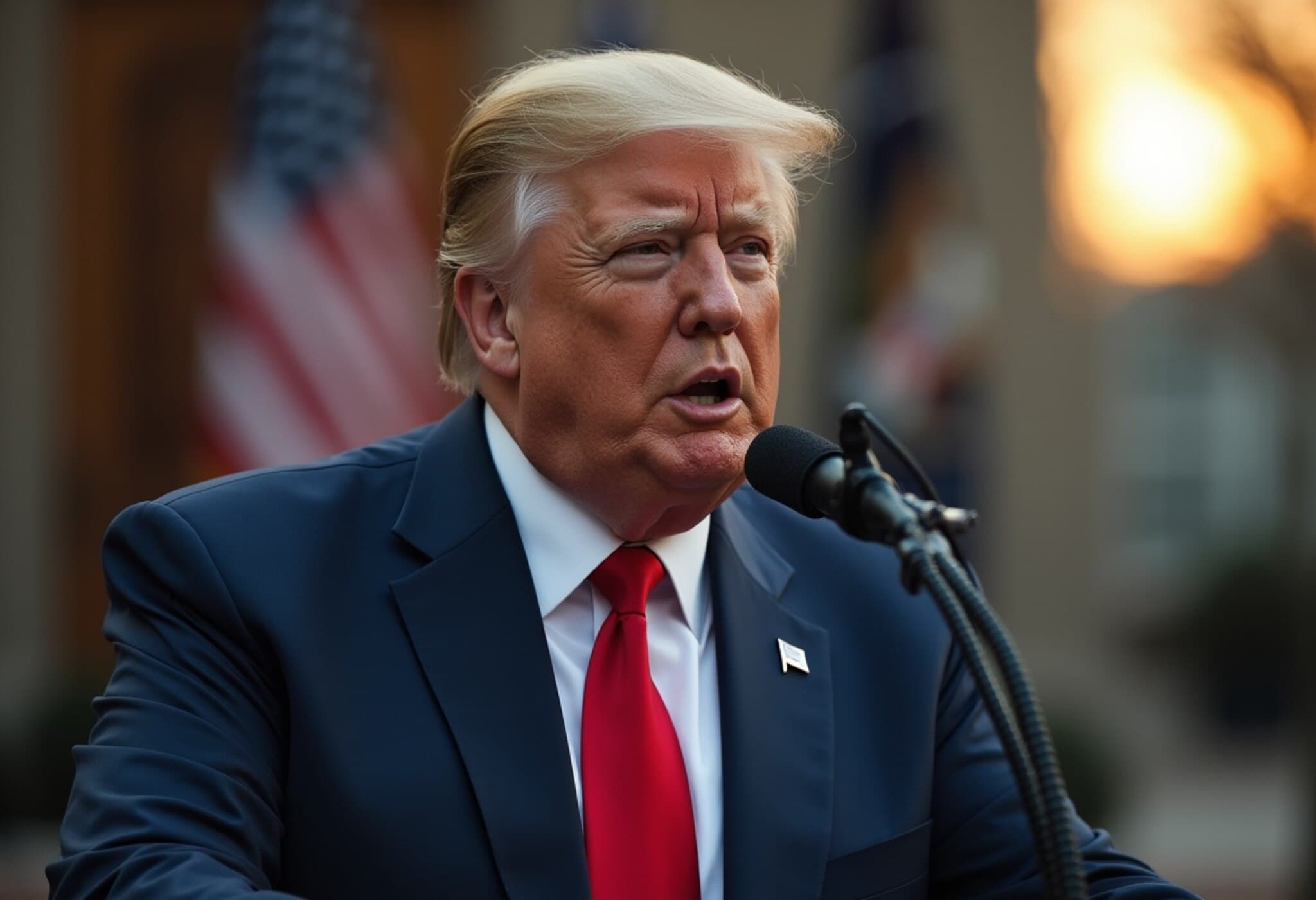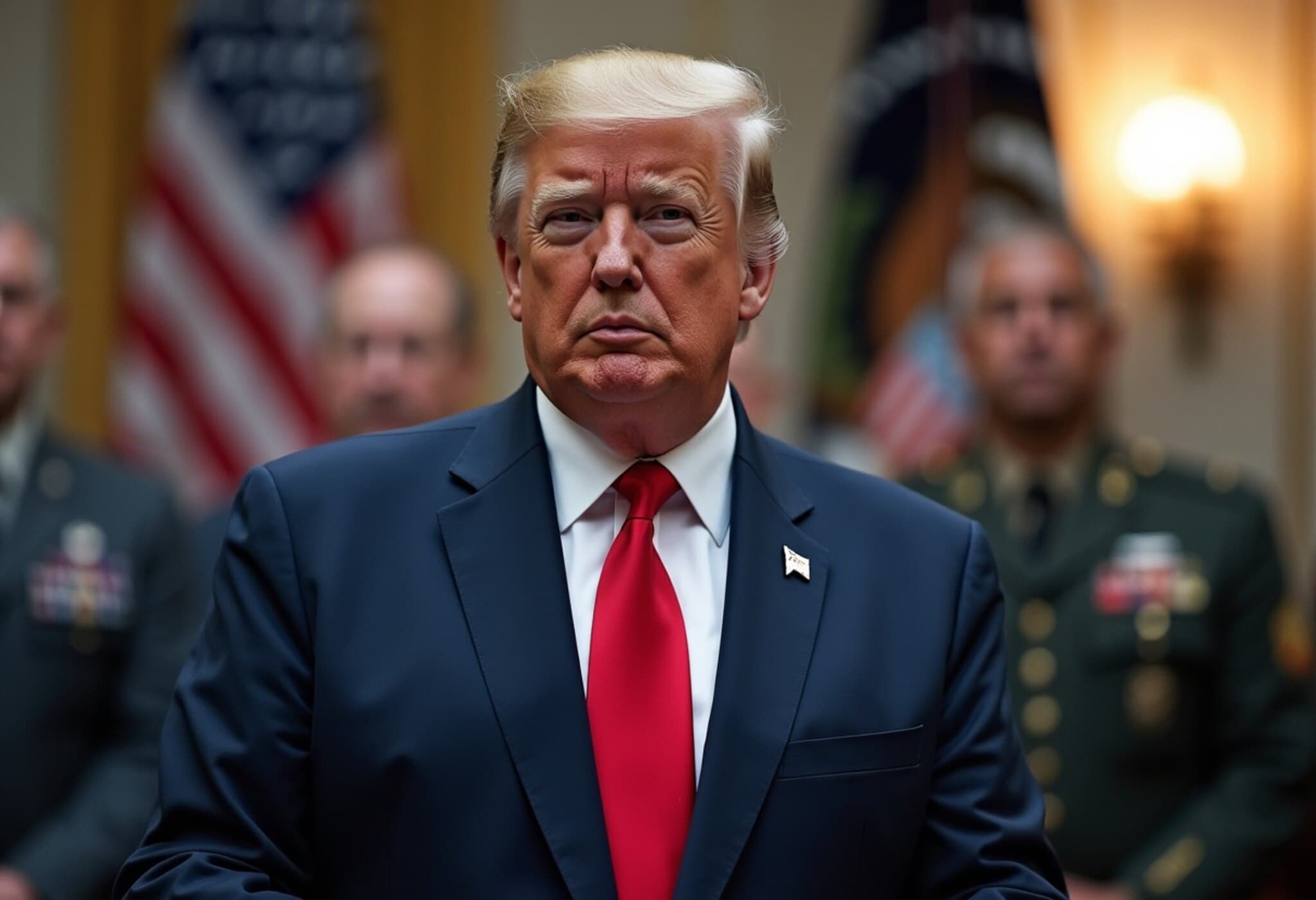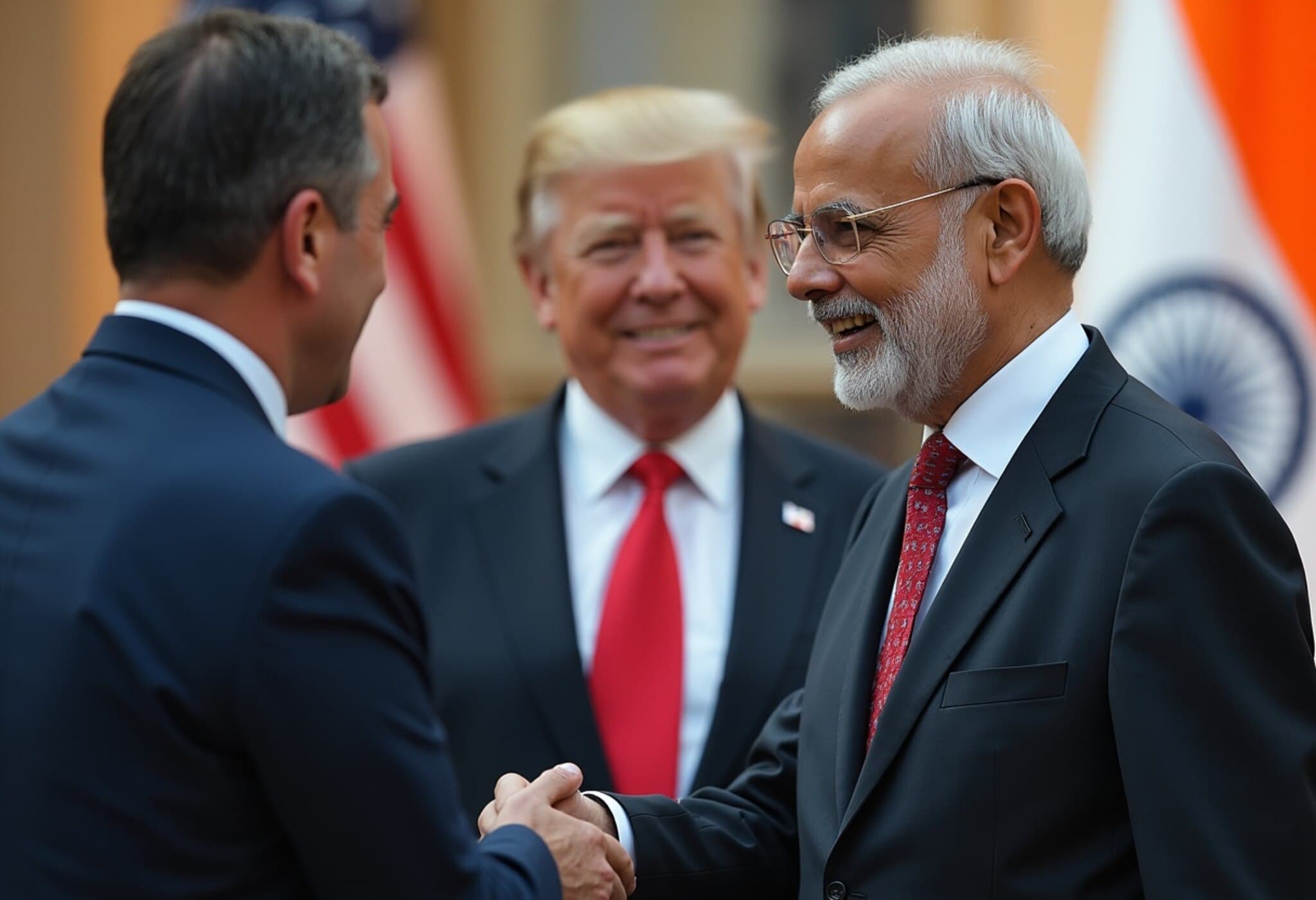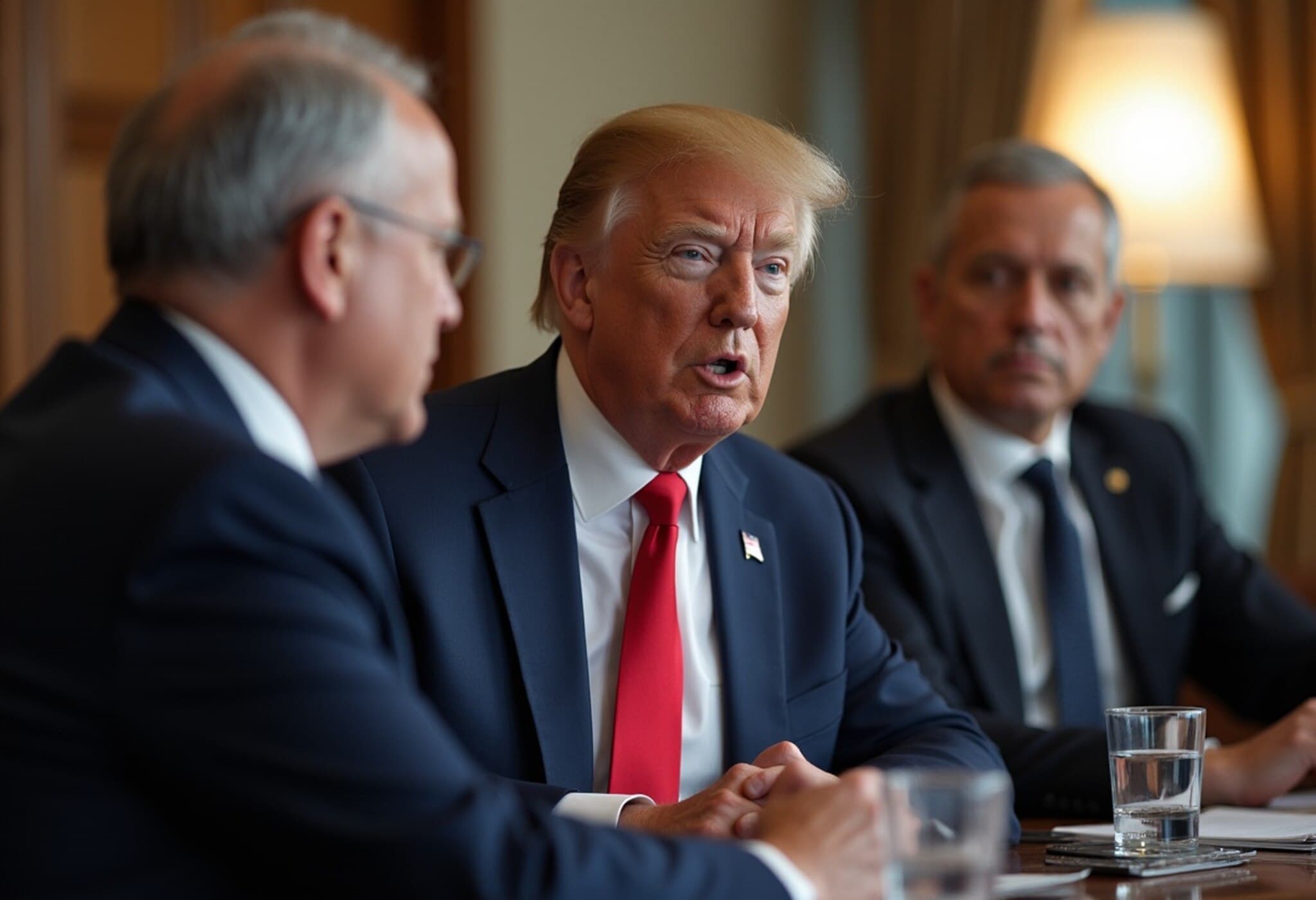US CDC Director Susan Monarez Dismissed Just Weeks After Senate Confirmation
In a surprising turn of events that has sent ripples through the American public health community, Susan Monarez, recently confirmed as director of the Centers for Disease Control and Prevention (CDC), was abruptly fired just one month after her Senate confirmation. The move has sparked intense debate about scientific integrity, leadership clashes, and the future direction of one of the nation’s most critical health agencies.
Background: Monarez’s Appointment and Sudden Removal
Dr. Susan Monarez, an experienced federal scientist specializing in infectious disease research but notably without a medical degree, was nominated by President Donald Trump and confirmed by the Senate in July 2025. She succeeded former nominee Dave Weldon, whose controversial views on vaccines had raised concerns among public health experts and lawmakers.
Her removal was officially announced by the Department of Health and Human Services (HHS) via a terse message on X (formerly Twitter), commending her “dedicated service to the American people.” However, the statement lacked details on the grounds for her dismissal, leaving many questions unanswered.
Contested Dismissal and Allegations Against Health Secretary Robert F. Kennedy Jr.
Monarez’s legal team has challenged her ouster, asserting she did not resign nor received formal notification from the White House about her termination. Attorneys Mark S. Zaid and Abbe David Lowell accused HHS Secretary Robert F. Kennedy Jr. of targeting Monarez for declining to endorse what they describe as “unscientific directives” imposed from above, which purportedly marginalized health professionals’ expertise.
This allegation, if true, underscores concerns about political interference within federal health agencies—raising alarms about potential erosion of scientific integrity and evidence-based policy making in public health.
Wider Fallout and Agency Morale
According to a report from CBS News, the upheaval at the top precipitated further resignations, with at least three senior CDC officials, including Daniel Jernigan—the head of the National Center for Emerging and Zoonotic Infectious Diseases—stepping down. Jernigan cited the “current context in the Department” as a factor influencing his decision, signaling deep internal discord.
Such high-profile departures highlight the challenges facing the CDC in maintaining stability, morale, and public trust amid this leadership crisis.
Contextualizing the Crisis: Impacts on US Public Health Strategy
Dr. Monarez’s brief tenure was marked by managing the aftermath of a shooting incident at the CDC’s Atlanta headquarters, where the gunman attributed his actions to conspiracies involving Covid-19 vaccines. Her public support for CDC staff during this difficult time illustrated her commitment to both employee welfare and science-driven leadership.
The controversy also comes at a precarious moment when the CDC is tasked with managing ongoing and emerging public health threats. The prospect of political agendas overriding scientific counsel risks undermining the agency’s ability to respond effectively to future pandemics and health emergencies.
Expert Insights: What This Means for Science and Public Trust
Weighing in on this development, public health policy analyst Dr. Emily Carter notes, “The dismissal of a CDC director shortly after Senate approval, on grounds that intertwine politics and scientific disagreement, invites serious questions about the agency’s independence. Public trust is fragile; any perception that science is subordinated to political motives can have lasting consequences.”
Legal experts also highlight possible ramifications: if the firing lacked procedural transparency, Monarez’s challenge could expose weaknesses in oversight mechanisms that safeguard federal agency leadership.
Broader Questions Raised
- How will this leadership vacuum impact ongoing CDC initiatives, especially in infectious disease control?
- What mechanisms exist to protect scientific integrity within politicized environments?
- Could this incident signal a larger pattern of interference within US health institutions?
Looking Ahead
The White House and HHS have yet to offer a detailed explanation concerning Monarez’s removal or name a successor. Meanwhile, the CDC faces the daunting task of restoring internal cohesion and public confidence while navigating politically charged waters.
For scholars, policymakers, and citizens alike, these events serve as a critical reminder of how leadership struggles at the helm of science institutions can reverberate widely, affecting everything from daily health recommendations to national preparedness.

